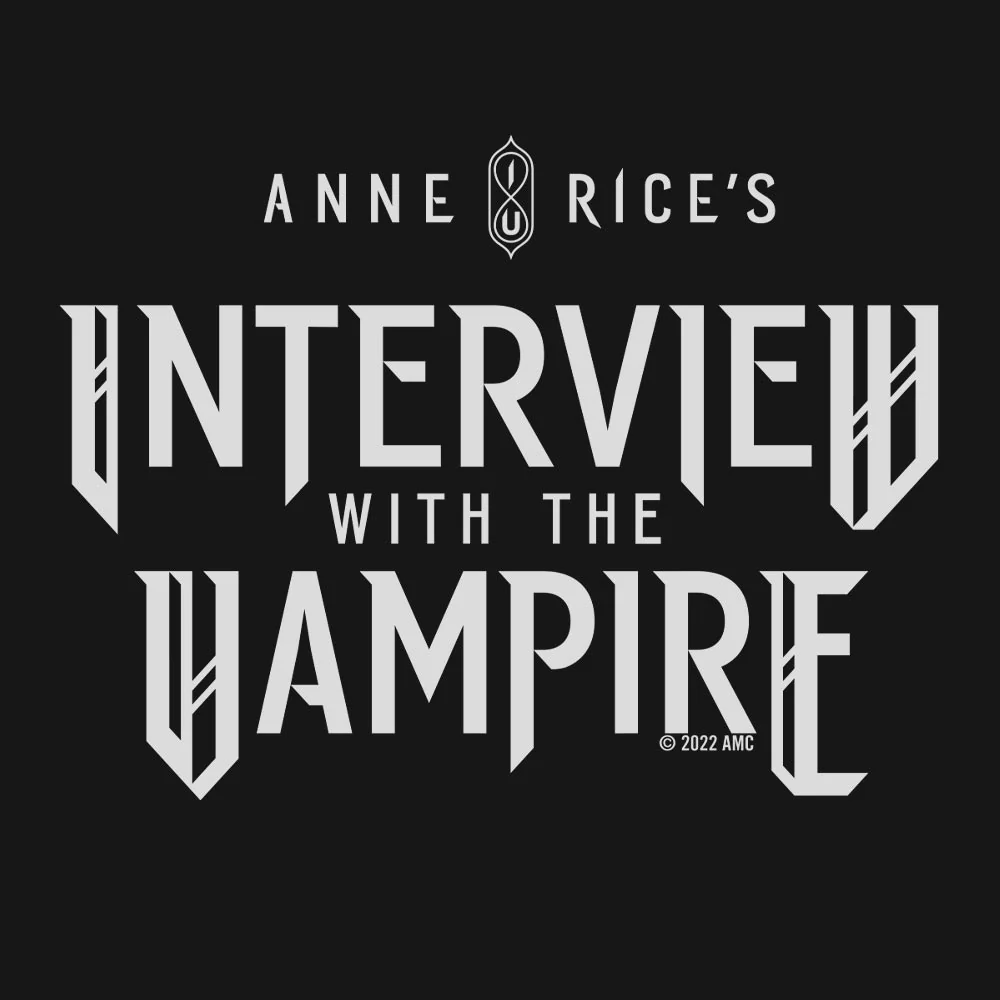In all honesty, I anticipated the entirety of Anne Rice's Interview with the Vampire to be covered by AMC within one season, and yet, lo and behold, we get a second.
The follow-up, like the initial stretch, continues a revisionist view on the novel, making its implied homosexuality an unpretentious constant. I've no objections to that, beyond the fact that the vampires' love for comely (sparkly) things (a pre-Twilight glimmer) made them more ethereal and therefore, a breed apart from mortal humanity. The defined, sexual orientation of the vampires in the AMC series makes them much more human, and as such, more brutal when it comes to their kills. This, in particular, impacts Jacob Anderson's Louis, who doesn't act as sympathetic as he does in the text or for that matter, in Neil Jordan's 1994 blockbuster, in the guise of Brad Pitt.
Such sensitivity (the guilt that accompanies ravenous feeding) comprises a HUGE part of Rice's saga, enough that it gets unjust credit for starting the trend. However, those in-the-vampire-know acknowledge Jonathan Frid's Barnabas Collins and William Marshall's Prince Mamuwalde as the initiators of the sorrowful gist, with Paul Naschy nudging the notion along in Count Dracula's Great Love and Michael Nouri's Count eventually elevating it to yet a whole other level in the Cliffhanger serial, "The Curse of Dracula," aka The World of Dracula, in abbreviated, movie form. (I presume that Rice's retooled mythology did have some impact on Nouri's version, so in that respect, perhaps it's safe to say, what comes around goes around.)
As it stands (based on Season 2's first episode, "What Can the Damned Really Say to the Damned?"), the new Interview presses the more menacing redesign even further, being evermore ferocious throughout its WWII flashback. (For one, Delainey Hayes' conniving Claudia seems to ingrain this intent much more than Baily Bass'.) Such distinction became quite apparent when the opening offered an atmospheric explanation on how diverse tiers of vampires exist, just as Rice depicted in her book. (And for the comparative fun of it, one can only deduce that if there are different categories of vampires out there--some gnarly, some pretty--the same would go for werewolves, though I suppose the Howling sequels more than conveyed this, albeit more by chance than plan.)
As it stands, I've no idea where Season 2 will land in its aesthetics, or how it might impact a Vampire Lestat series, if there's ever to be one, for only time will determine any and all retooled outcomes, as Interview's insightful bloodsuckers should damn well know.











No comments:
Post a Comment